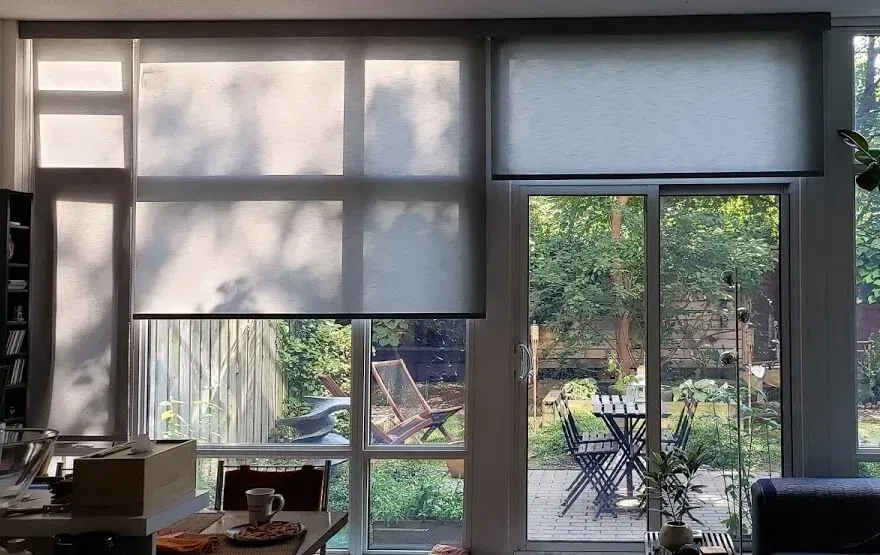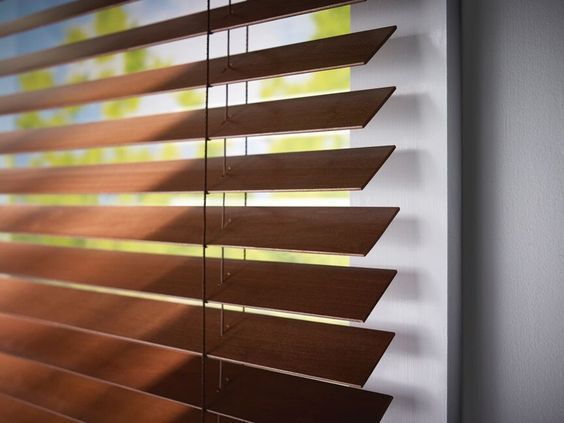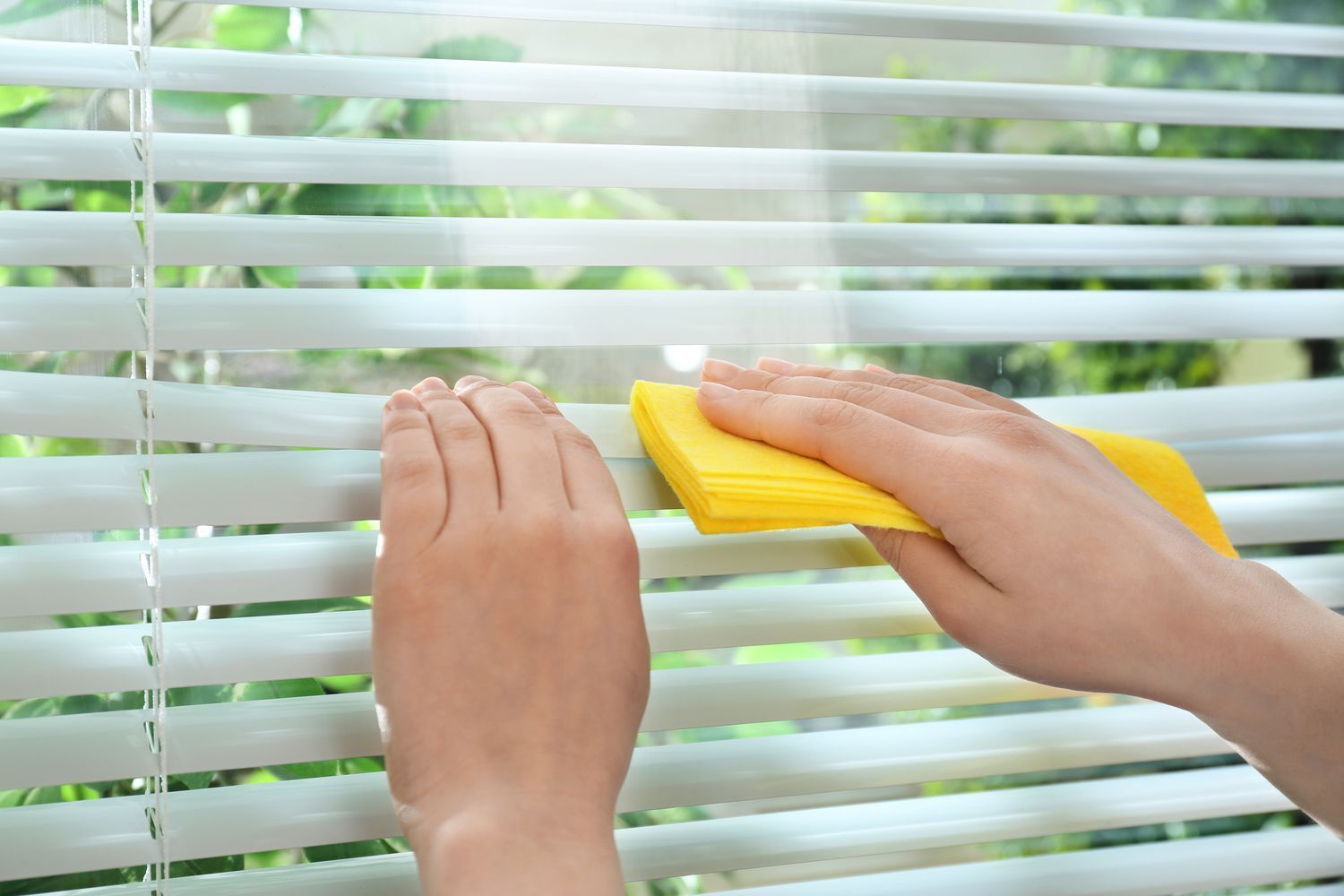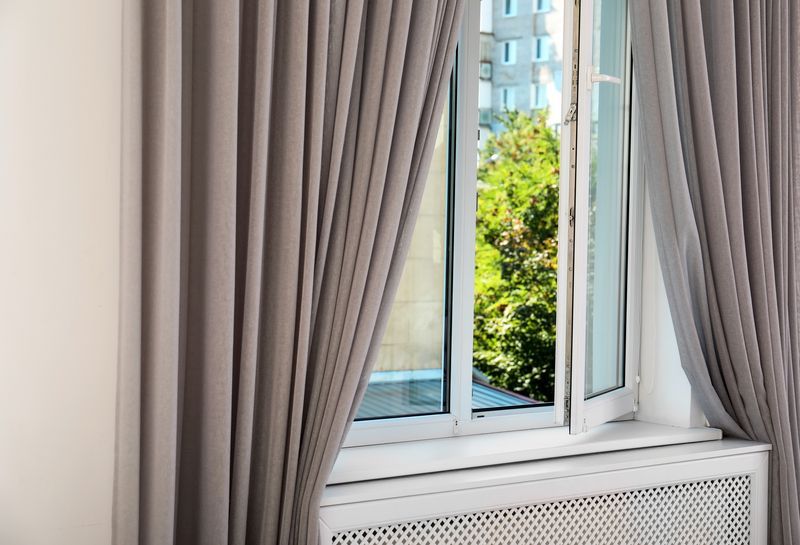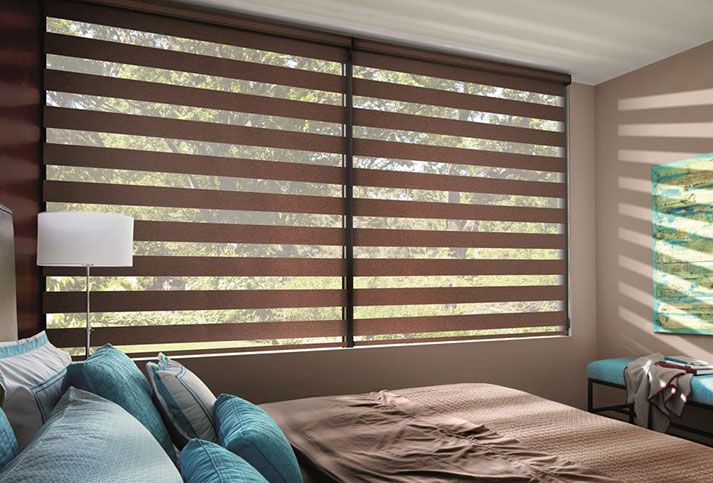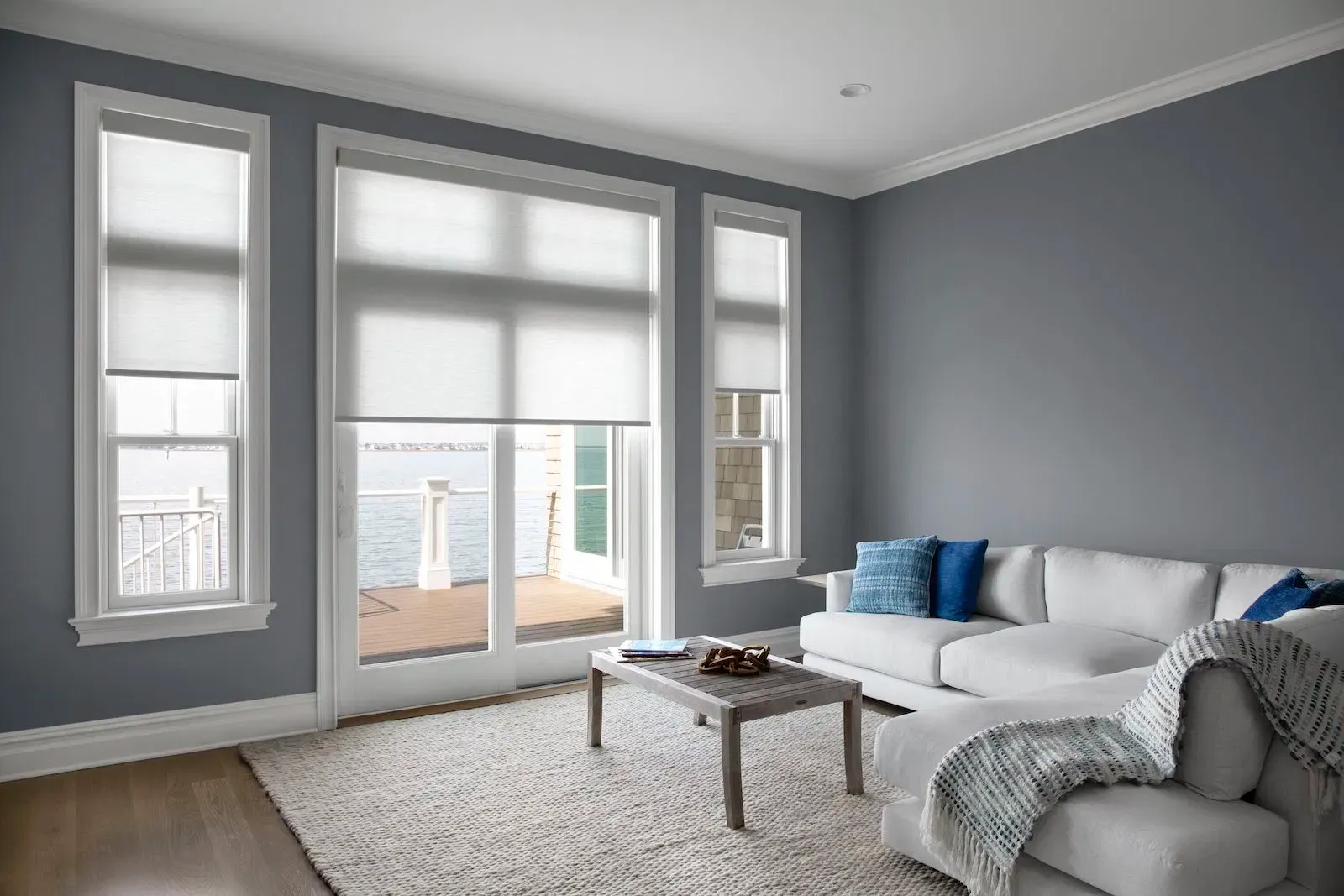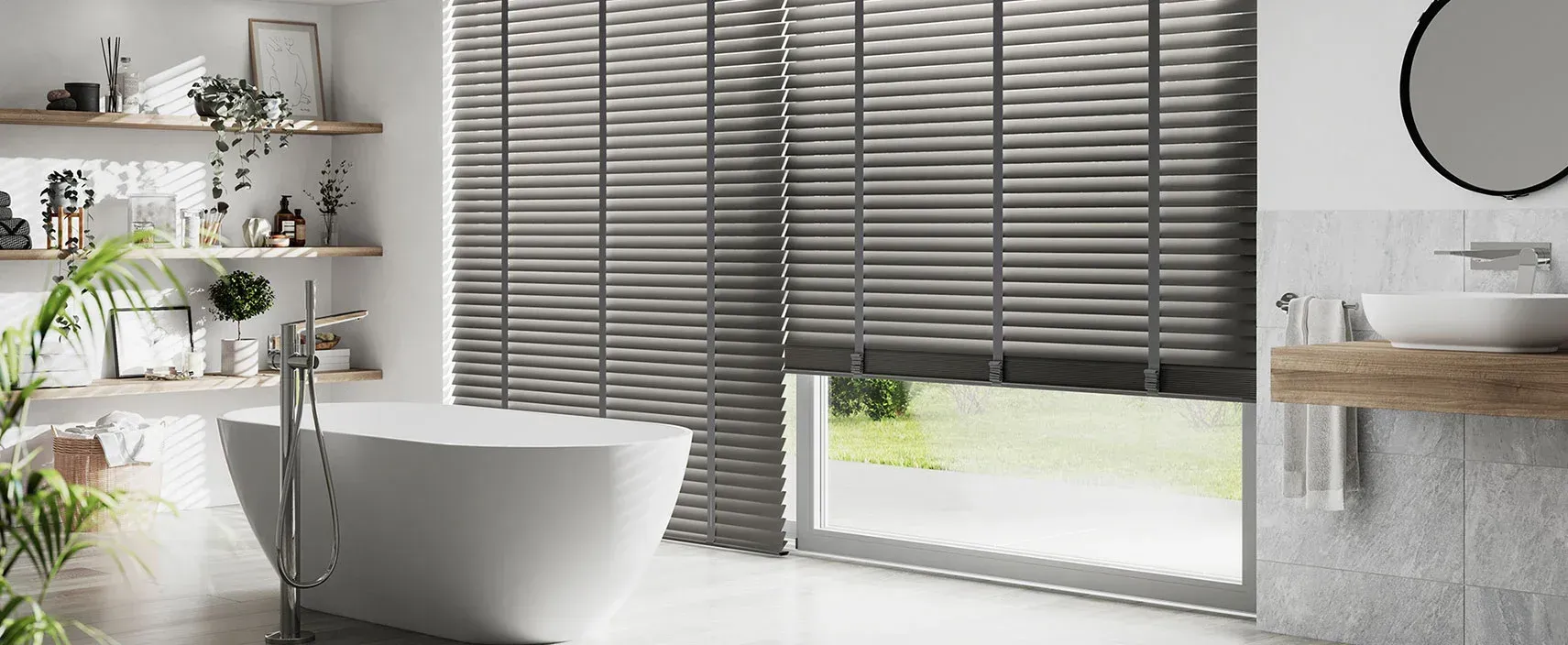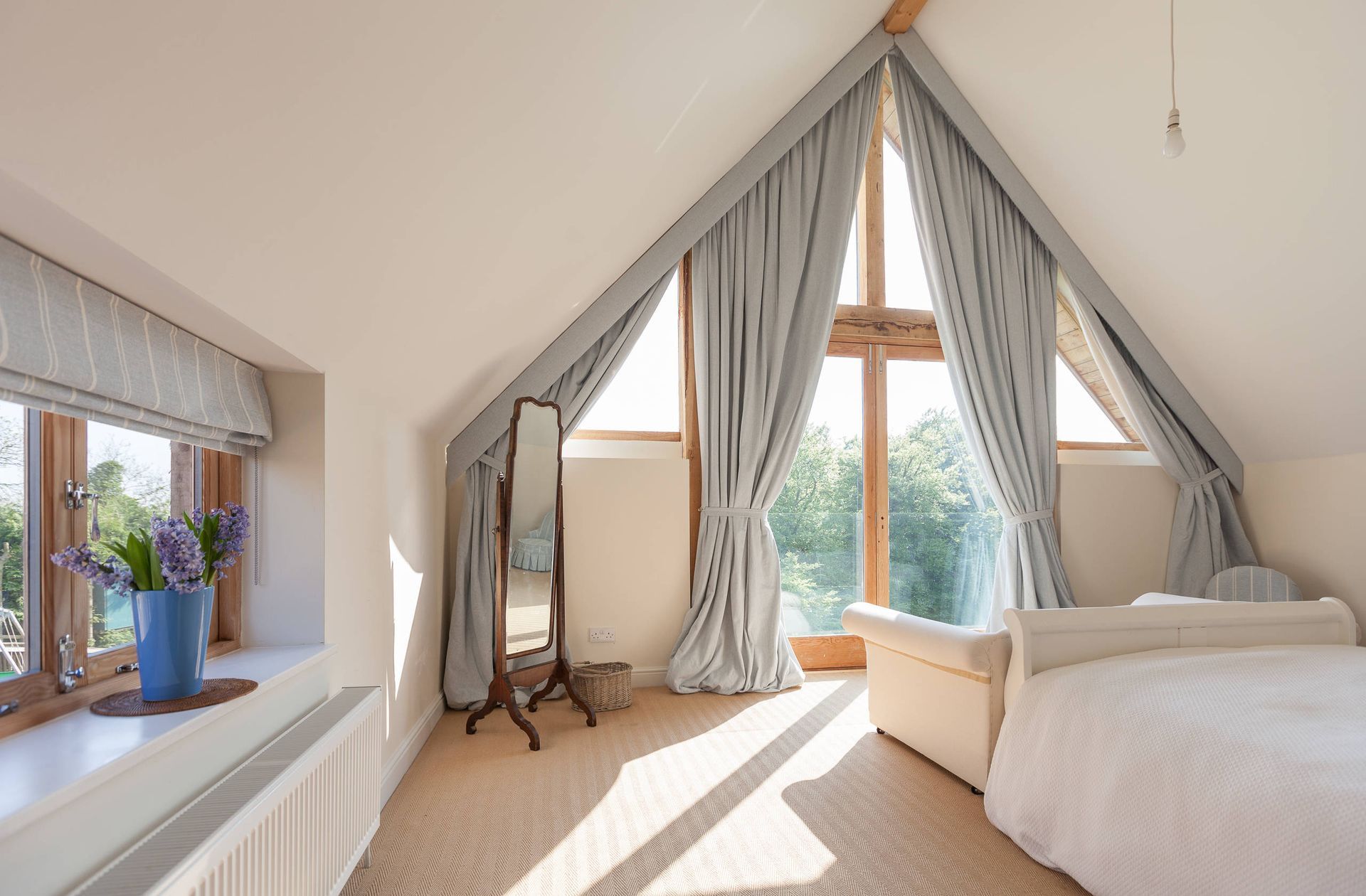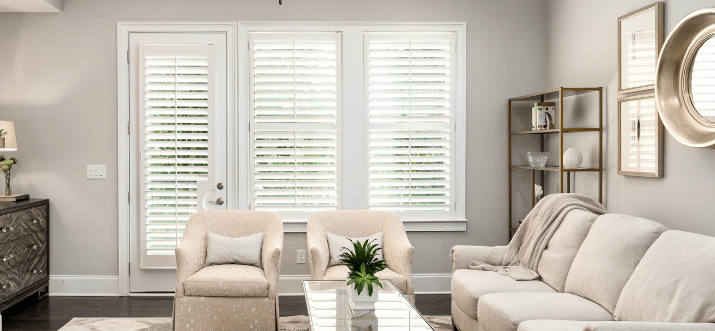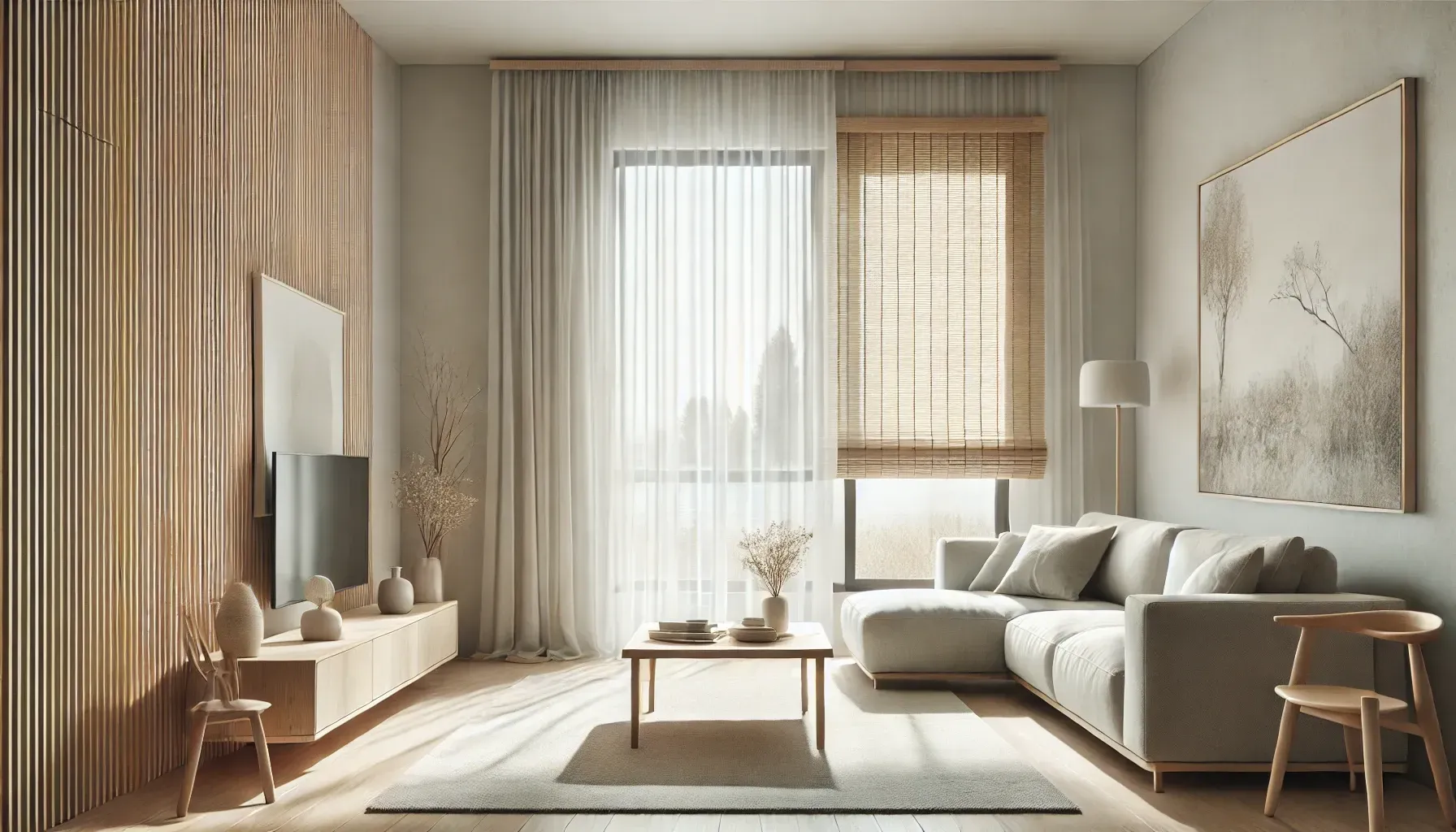Window Blinds vs. Shades: Which One is Better?
Table Of Contents
- Understanding Window Blinds and Shades
- Window Blinds vs Shades Comparison
- Benefits of Window Blinds
- Benefits of Window Shades
- Cost Comparison
- Are Window Blinds or Shades Better for Privacy?
- Blinds vs Shades in Light Control
- How to Choose Between Blinds & Shades
- Best Fabrics to Choose for Blinds & Shades
- Which One Is Better For Each Room (Bathroom, Bedroom, Kitchen, Office, Living Room)
Understanding Window Blinds and Shades
Window Blinds
are made of horizontal or vertical slats that can be tilted to control light and privacy. They come in various materials, including wood,
faux wood, aluminum, and vinyl. Popular types include
Venetian blinds, vertical blinds, and mini blinds.
Window Shades
Window shades are made of continuous fabric or other materials that can be rolled up or down. They are available in various styles, such as roller shades, Roman shades, cellular shades, and pleated shades. Shades offer a sleek and clean look, ideal for modern interiors.
Window Blinds vs. Shades Comparison
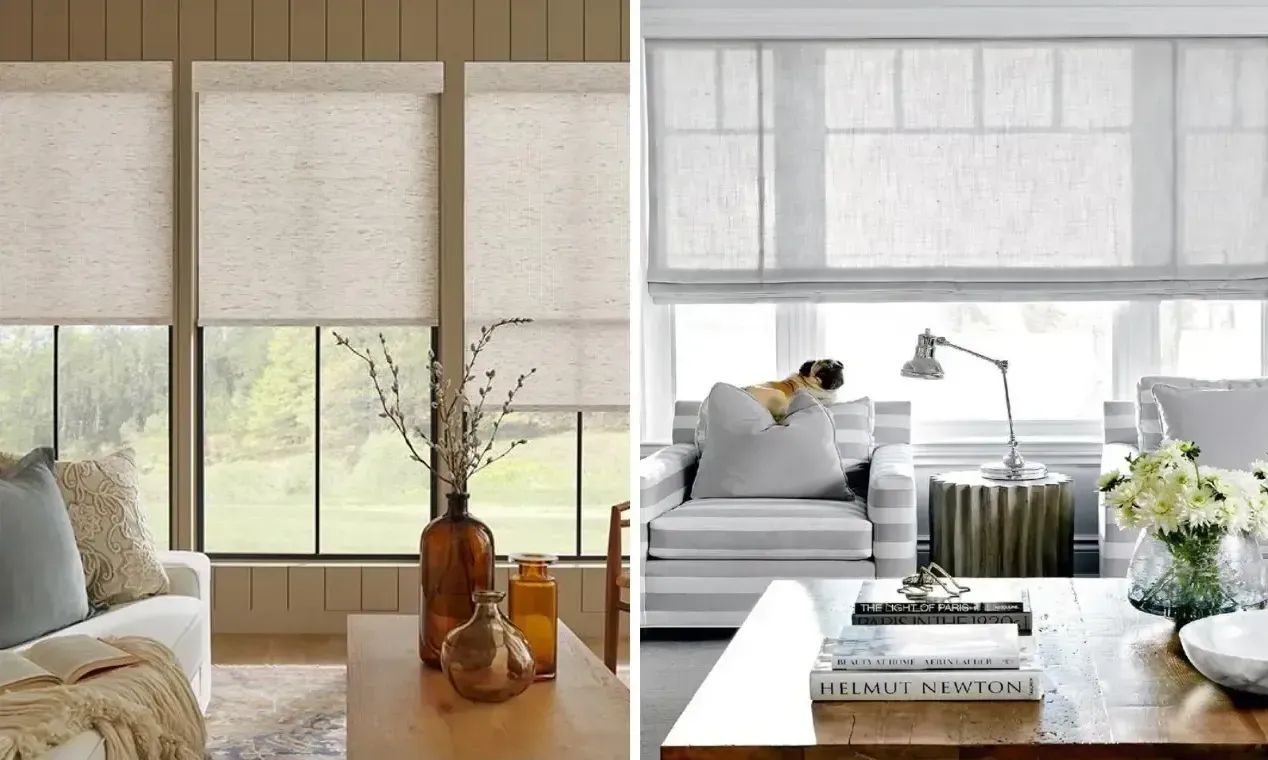
Cleaning Maintenance
Blinds are generally easier to clean and maintain, as the slats can be wiped down individually. Shades, especially those made of fabric, may require more effort to clean and can be prone to staining.
Aesthetic Differences
Blinds offer a more structured and classic look, suitable for traditional or formal settings. Shades provide a softer and more elegant appearance, perfect for contemporary or minimalist designs.
Functionality and Usage
Blinds offer superior control over light and privacy, allowing you to adjust the slats to your desired level. Shades, on the other hand, provide better insulation and can be more energy-efficient, especially cellular shades.
Benefits of Window Blinds
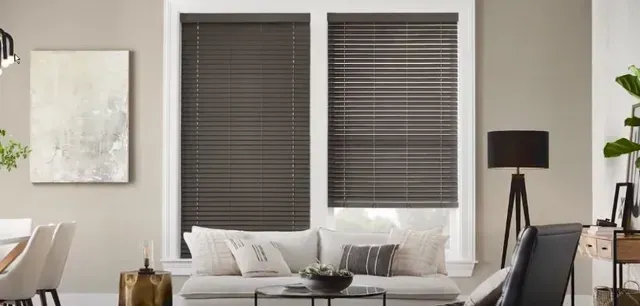
Light Control
Blinds allow precise control over the amount of light entering a room. By adjusting the slats, you can let in natural light while maintaining privacy.
Privacy Options
Blinds can be tilted to obscure the view from outside without completely blocking the light. This makes them an excellent choice for rooms where privacy is essential.
Durability and Maintenance
Blinds are generally durable and easy to maintain. Materials like aluminum and faux wood are resistant to moisture and warping, making them suitable for humid areas.
Benefits of Window Shades
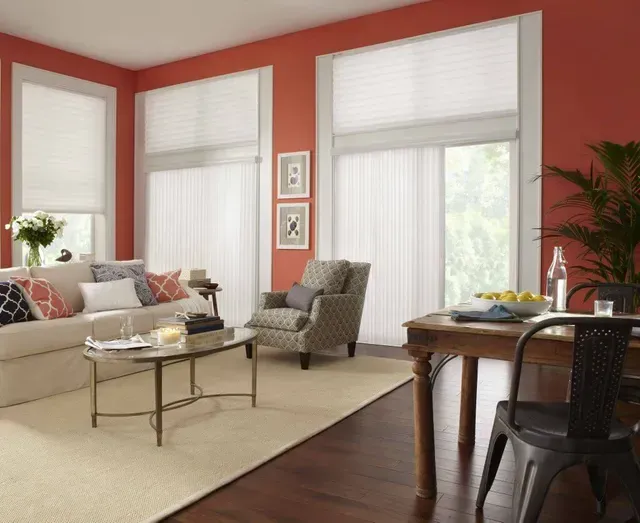
Style and Design Flexibility
Shades are available in a wide range of fabrics, colors, and patterns, allowing for greater customization to match your interior décor.
Energy Efficiency
Certain types of shades, like cellular shades, are designed to provide insulation, helping to keep your home cool in the summer and warm in the winter.
Ease of Installation and Use
Shades are typically easier to install and operate. Many modern shades come with cordless or motorized options for added convenience and safety.
Cost of Window Blinds and Shades
Initial Cost Comparison with Estimates
- Window blinds: $50 - $200 per window (depending on fabric and window size)
- Window shades: $30 - $150 per window (depending on fabric and window size)
Long-term Cost Implications
Blinds, particularly those made from durable materials, can have a longer lifespan, reducing the need for frequent replacements. Shades may require more maintenance and care, potentially leading to higher long-term costs.
Cost-effectiveness
Blinds may be more cost-effective for high-traffic areas or homes with pets and children due to their durability. Shades can offer better energy savings, making them a cost-effective choice for rooms with large windows or where insulation is a priority.
Are Window Blinds or Shades Better for Privacy?
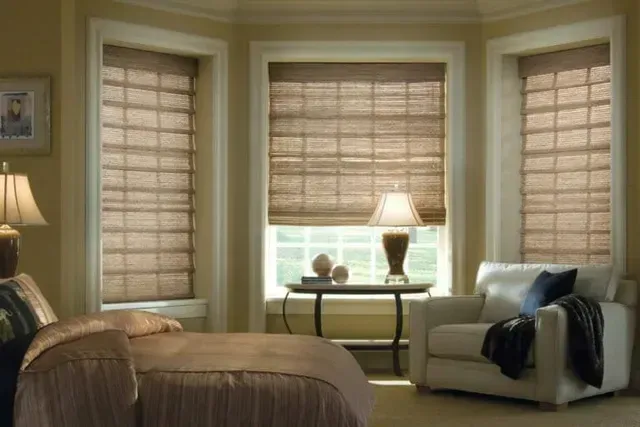
Privacy Control Mechanisms in Blinds
Blinds can be adjusted to provide partial or full privacy without sacrificing light. This makes them ideal for bedrooms and bathrooms where privacy is paramount.
Privacy Options in Shades
Shades, particularly those made from blackout fabrics, can offer complete privacy. However, they may block more light compared to blinds.
Best Choice for Different Privacy Needs
For rooms where adjustable privacy is needed, such as living rooms and offices, blinds are a better choice. For total privacy in bedrooms or media rooms, shades are more suitable.
Window Blinds vs. Shades for Light Control
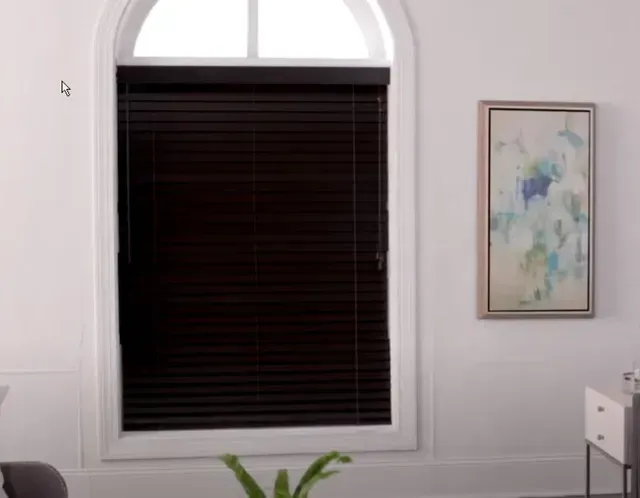
Light Filtering and Blackout Options in Blinds
Blinds can be tilted to allow varying degrees of light. Some blinds also come with light-filtering or blackout options for more control.
Light Filtering and Blackout Options in Shades
Shades are available in different opacities, from light-filtering to blackout, providing flexibility in light control.
Best Choice for Different Light Control Needs
Blinds offer more precise light control, making them ideal for living rooms and offices. Shades are better for bedrooms and media rooms where complete darkness is desired.
How to Choose Between Window Blinds and Shades
When choosing between blinds and shades, consider the room type, personal preferences, and budget. Blinds are more durable and offer better light control, while shades provide better insulation and a softer aesthetic.
- For a sunny kitchen, blinds may be better for controlling the amount of light.
- For a cozy bedroom, shades might be preferable for their insulating properties and aesthetic appeal.
Consult with a window treatment specialist to evaluate your specific needs and preferences.
Love is Blinds offers expert advice and a wide range of options to choose from.
Best Fabrics to Choose for Window Blinds and Shades
Recommended Fabrics for Blinds
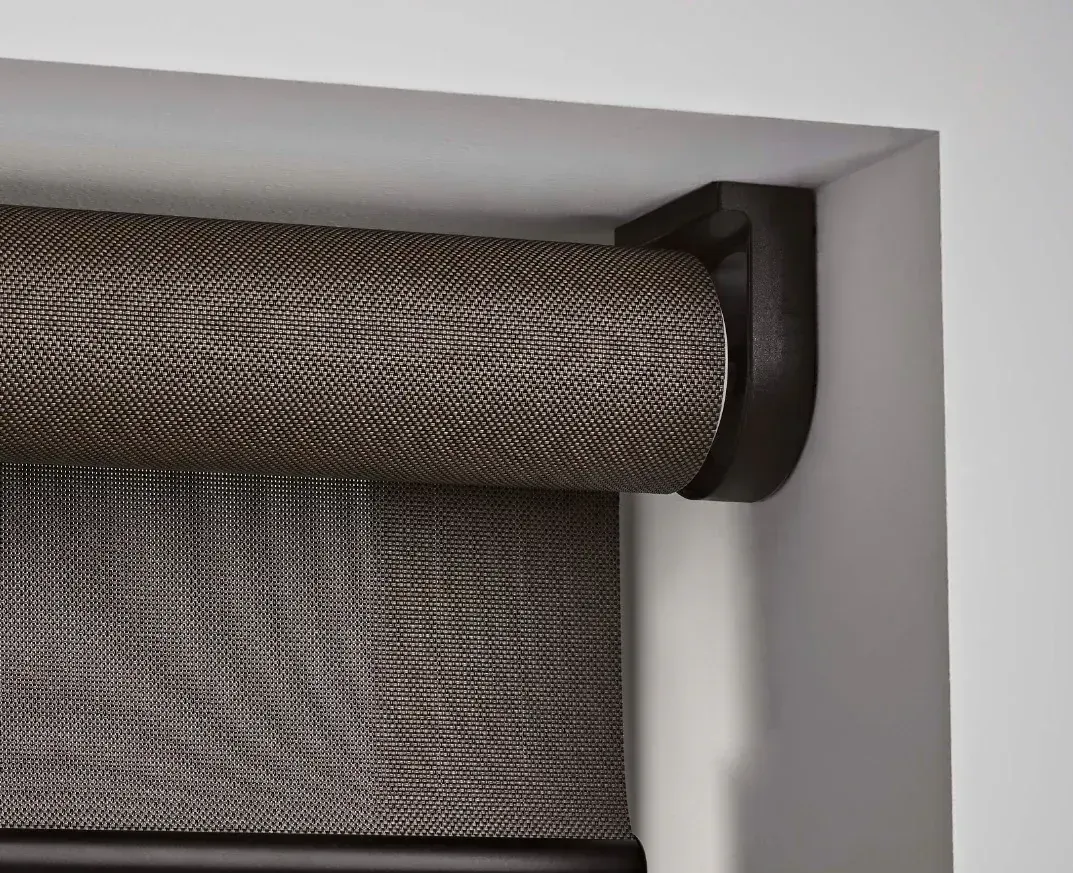
- Faux wood: Durable and moisture-resistant, ideal for kitchens and bathrooms.
- Aluminum: Lightweight and easy to clean, perfect for modern interiors.
- Fabric: Adds a soft touch to living rooms and bedrooms.
Recommended Fabrics for Shades
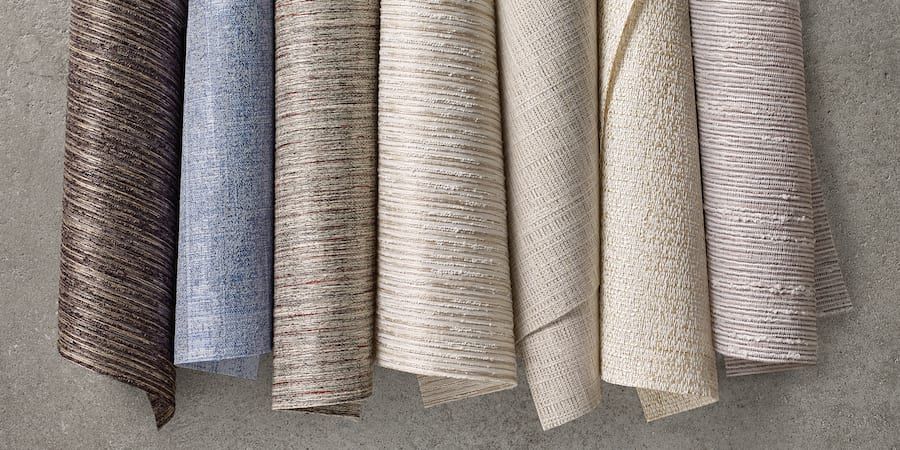
- Cellular fabric: Provides excellent insulation, great for bedrooms and living rooms.
- Roller fabric: Easy to clean and maintain, suitable for kitchens and bathrooms.
- Roman fabric: Elegant and stylish, perfect for dining rooms and offices.
Benefits of Different Fabrics
Each fabric offers unique benefits. For example, faux wood is durable but can be heavier, while cellular fabric is great for insulation but may be harder to clean.
Which Window Treatment is Better for Each Room?
Bathroom
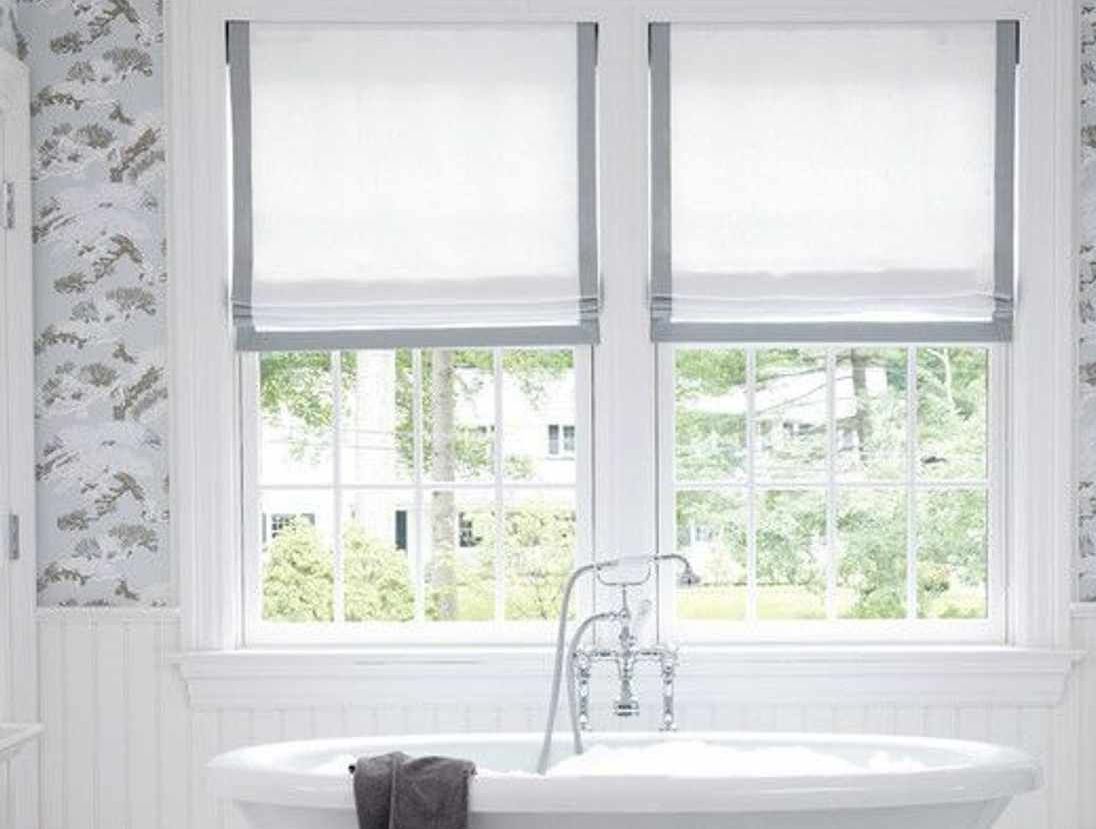
- Best: Faux wood blinds or roller shades
- Why: Moisture resistance and easy maintenance
Bedroom
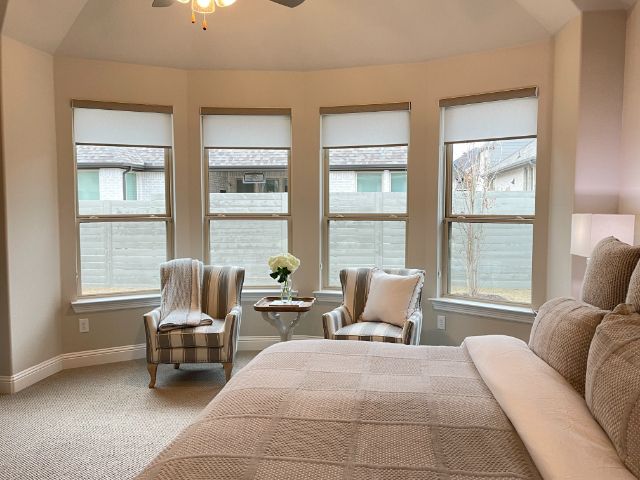
- Best: Cellular shades or blackout blinds
- Why: Insulation and light control for better sleep
Kitchen
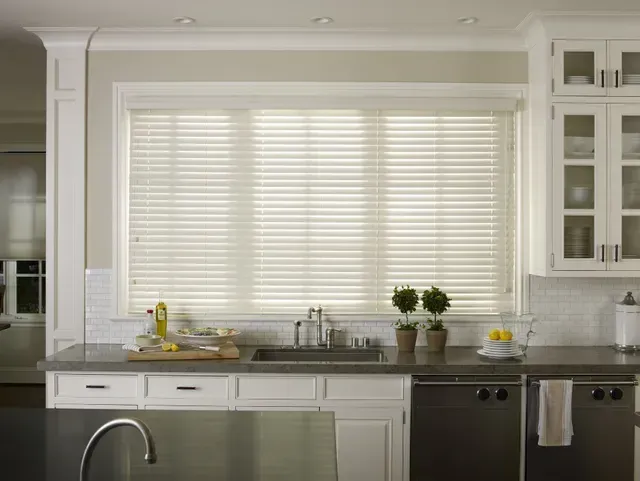
- Best: Aluminum blinds or roller shades
- Why: Easy to clean and maintain
Home Office
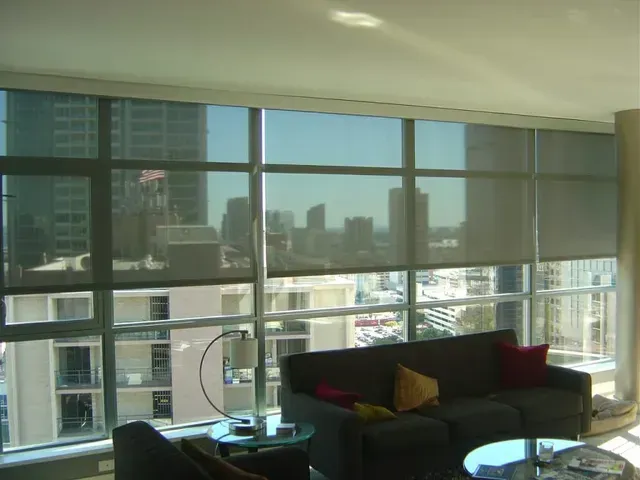
- Best: Venetian blinds or Roman shades
- Why: Light control and professional appearance
Living Room
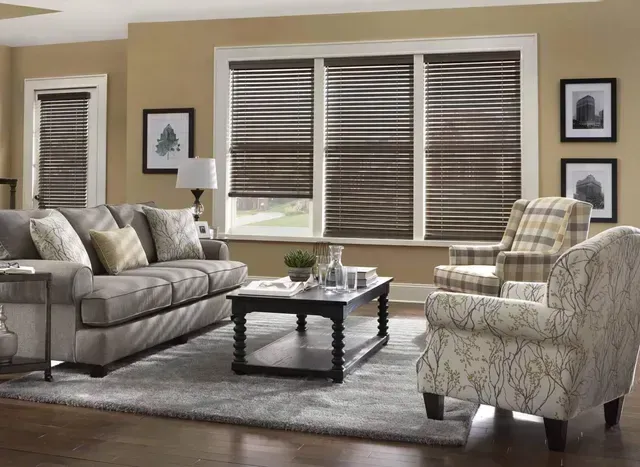
- Best: Fabric blinds or Roman shades
- Why: Aesthetic appeal and light filtering
Still Don't Know Which Window Treatment is Right for You?
Understanding your needs and preferences can make the decision easier. Whether you prioritize light control, privacy, style, or energy efficiency, there is a perfect option for you. For expert advice and a wide selection of window blinds and shades, contact Love is Blinds today. Our team is here to help you find the best solution for your home or office.

